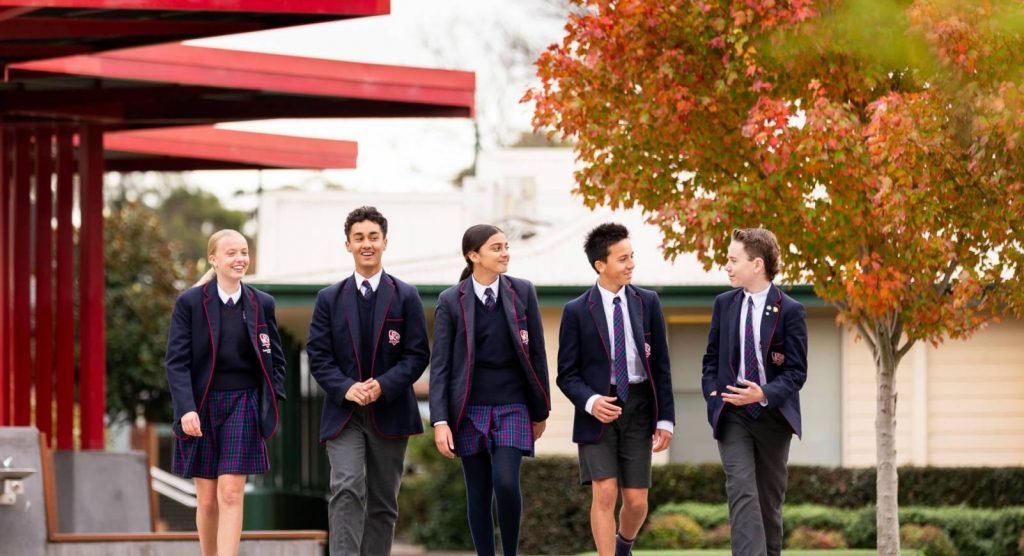Supporting Children During Lockdown
Children and young people can face a range of challenges due to the impacts of the COVID-19 pandemic. These include:
- Changes in their routines e.g. having to physically distance from family, friends, worship, community and clubs.
- Breaks in continuity of learning e.g. virtual learning environments, access to technology and connectivity issues relating to that technology.
- Breaks in continuity of health care e.g. missed well-child and immunisation visits and limited access to mental, speech and occupational health services.
- Missed significant life events e.g. grief of missing celebrations, vacation plans, and milestone life events.
- Lost security and safety e.g. housing and food insecurity, increased exposure to violence and online harms, threat of physical illness and uncertainty for the future, and
- Getting ‘lost’ without the structure and processes of school and without their peers.
Managing a household during lockdown is complex and can be very demanding. Some ideas to help during this time are:
- Prioritise parent health and wellbeing—if you’re not well you can’t help your children.
- Maintain routine with regular times for waking, meals, exercise and leisure.
- Prevent children isolating from friends, family and school. Being active and engaged is vital. Prevent your child from isolating in their room.
- Make it clear that participating in school is important. Talk with children about what they are doing and how they’re managing their workload. Drop in on them regularly. Help them develop timetables and lists and communicate with teachers if there are difficulties.
- Filtering exposure to anxiety-provoking information such as news broadcasts and adult conversations
- Monitoring online safety. There are many sources of advice such as Bravehearts or eSafety.
It is important to accept that there will be an impact on children, teenagers and families—most will cope and will manage with any increased stress. Some of the following signs may suggest that young people are struggling and may need some additional support.
Infants, toddlers and young children may show backward progress in skills and developmental milestones and may also have increased problems with:
- Fussiness and irritability, startling, crying more easily and being more difficult to console.
- Falling asleep and waking up more during the night.
- Complaints of being unhealthy.
- Separation anxiety, seeming clingier or socially withdrawn, being hesitant to explore and seeming to fear going outside.
- Hitting, frustration, biting and more frequent or intense tantrums.
- Bedwetting.
- Urgently expressed needs but seeming unable to feel satisfied.
- Conflict and aggression or discussing themes like illness or death during play.
Older children and adolescents may show signs of distress with symptoms such as:
- Changes in mood that are not usual for your child, such as ongoing irritability, feelings of hopelessness or rage and frequent conflicts with friends and family.
- Changes in behaviour, such as stepping back from personal relationships. If your ordinarily outgoing teen shows little interest in spending time with, texting or video chatting with, their friends, this might be cause for concern.
- A loss of interest in activities that they previously enjoyed. Did your music-loving child suddenly stop wanting to practice guitar? Did your aspiring chef lose all interest in cooking and baking?
- Difficulty falling or staying asleep, or sleeping all the time.
- Changes in appetite, weight or eating patterns.
- Problems with memory, thinking or concentration.
- Less interest in schoolwork and a drop in academic effort.
- Changes in appearance, such as paying less attention than usual to basic personal hygiene.
- An increase in risky or reckless behaviours, such as using drugs or alcohol.
- Thoughts or talking about death or suicide.
Here are some really useful videos to help parents:
If you have concerns about how your children are coping, please speak to their teachers, wellbeing mentor, Head of House or Heads of School. I welcome enquiries:
- a.clarke@caseygrammar.vic.edu.au
- Work mobile 0438 098 535
- SEQTA messaging
Mr Alan Clarke
School Psychologist

 1964
1964









